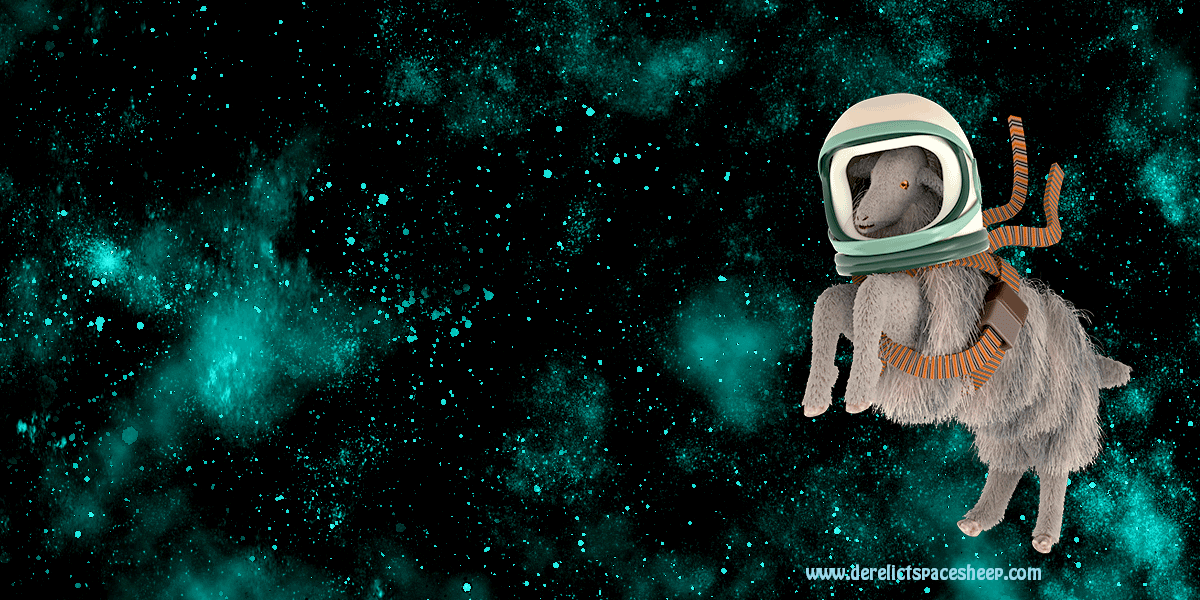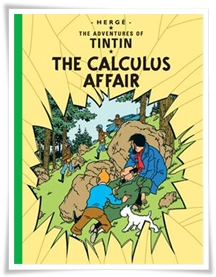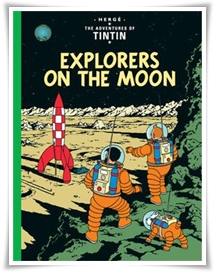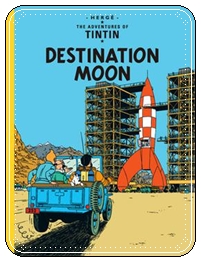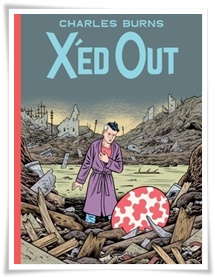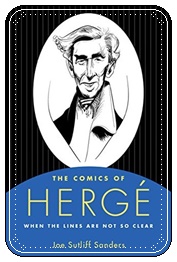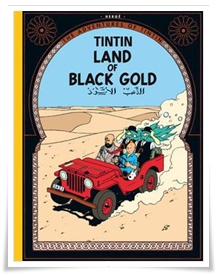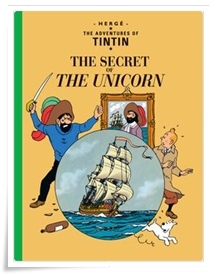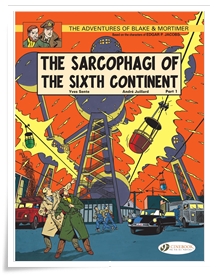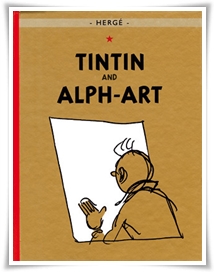Tintin: The Calculus Affair
by Hergé (Methuen, 1960)
The first quarter is mystery but the remainder of The Calculus Affair sees a return to the improbable, death-defying adventuring of the earlier Tintin serials, thankfully with an intensity and mastery of physical humour sufficient to make this album an easy page-turner.
